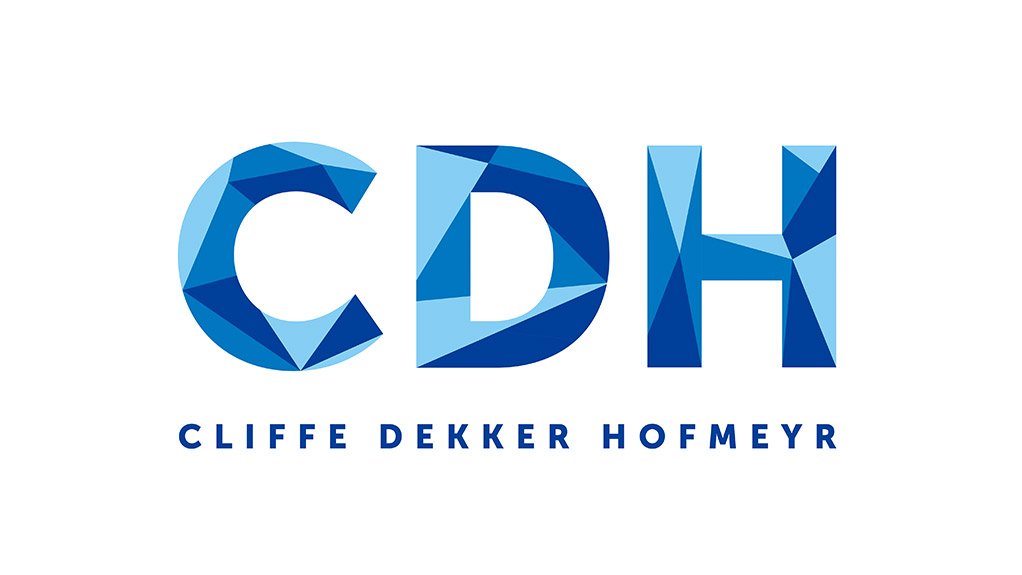Building a nation in which the perspectives and opinions of men and women are regarded equally, and where their rights are protected equally at all levels of society, is critical to our collective wellbeing. On matters relating to the need for gender parity however, the voices of men are decidedly less present in important discussions. More men – particularly those in positions of influence, need to come to a fuller understanding of their role in driving progress towards a more equitable society.
Joining forces in the fight to end GBV
This is the opinion of Gift Xaba, Senior Associate in the Pro Bono and Human Rights Practice of Cliffe Dekker Hofmeyr (CDH). Elaborating on this view, he explains that “men have an obligation to take a more active stance on advocating for women’s rights. Currently, in South Africa, one of the most prominent issues related to this cause is preventing the scourge of gender-based violence.
Research by Stats SA has found that one in five women in relationships have been victims of physical violence by a partner. This rate of violence against women and girls is currently among the highest in the world. By challenging gender norms, playing an active role in advocating against gender-based human rights violations and sustaining these changes in their personal lives, men can be the examples they need to be in order to turn the tide against these staggering statistics.”
Gender norms at the crux of the matter
This issue is compounded by a number of unique challenges, including the fact that within South African culture, certain customs and beliefs at a community level, have been, over the times, manipulated and mucked up to maintain patriarchal gender norms and roles. Many times, compliance with these norms is enforced by coercion, pressure, rejection and in the worst cases, violence. The challenge is tackling these entrenched, counterproductive beliefs and uprooting them from the realms of our culture(s) and custom(s) as a people.
The solution, in Xaba’s opinion, is for men to promote and protect the elements within our culture(s) that embrace and celebrate the remarkable and phenomenal power of women. “Women have – and will continue to – play an essential role in building communities, pushing societal progress and driving human innovation. Their contribution therefore has a direct impact on the welfare of all South Africans and our future as a nation. This is the message that men need to promote and amplify,” he says.
Understanding the bigger picture: economic inequality
For Xaba however, it is also crucial for gender equality to be viewed through the lens of South Africa’s unique socioeconomic context. The turbulence of South Africa’s political history and the looming legacy of widespread discrimination, gives issues like gender violence a more nuanced nature within the local landscape.
South Africa currently has one of the highest Gini coefficients in the world, which is the index by which economic equality is measured. The question as to whether men realise the full weight of their role in working towards gender parity, advancing women’s rights and stamping out gender-based violence, cannot therefore be divorced from this unique socioeconomic context.
This is because, as Xaba explains: “The high levels of inequality of opportunity have a cumulative effect on almost every aspect of South African life – they choke economic and social growth and mobility, and consequently depress human development and evolution.
This in turn entrenches uncertainty, insecurity, and undermines trust in institutions and government, which in turn increases social discord and tensions and trigger violence and conflicts. We need to advocate for gender equality both from a moral standpoint as well as from a view that understands the devastating impact of women’s rights violations on all aspects of life, including our economic development as a country.”
Constructive action as the solution
On a practical level, men can take positive action towards these objectives by supporting initiatives and organisations that campaign for women’s rights issues. Furthermore, given that in certain circles, gender-based violence is still regarded as being a taboo subject, men can make a difference by speaking about it, engaging other men on these issues and raising awareness.
“This constructive action plays a key role in challenging misguided societal attitudes and myths that allow gender-based violence to persist, and ensuring that survivors know they are not alone, and can access help, justice and healing. Doing so will also place pressure on governments and those in authority to take necessary and effective action to combat all forms of gender-based prejudice.
Let’s never underestimate the devastating impact of our silence as men – when we remain silent we allow gender-based violations to continue unabated and condemn those affected to a voiceless and isolate existence. We can counteract this by speaking out, making the right decisions within our spheres of influence and standing alongside women in the fight to end gender-based discrimination and build a better and prosperous future for all,” says Xaba.
Submitted by Cliffe Dekker Hofmeyr
EMAIL THIS ARTICLE SAVE THIS ARTICLE ARTICLE ENQUIRY
To subscribe email subscriptions@creamermedia.co.za or click here
To advertise email advertising@creamermedia.co.za or click here











